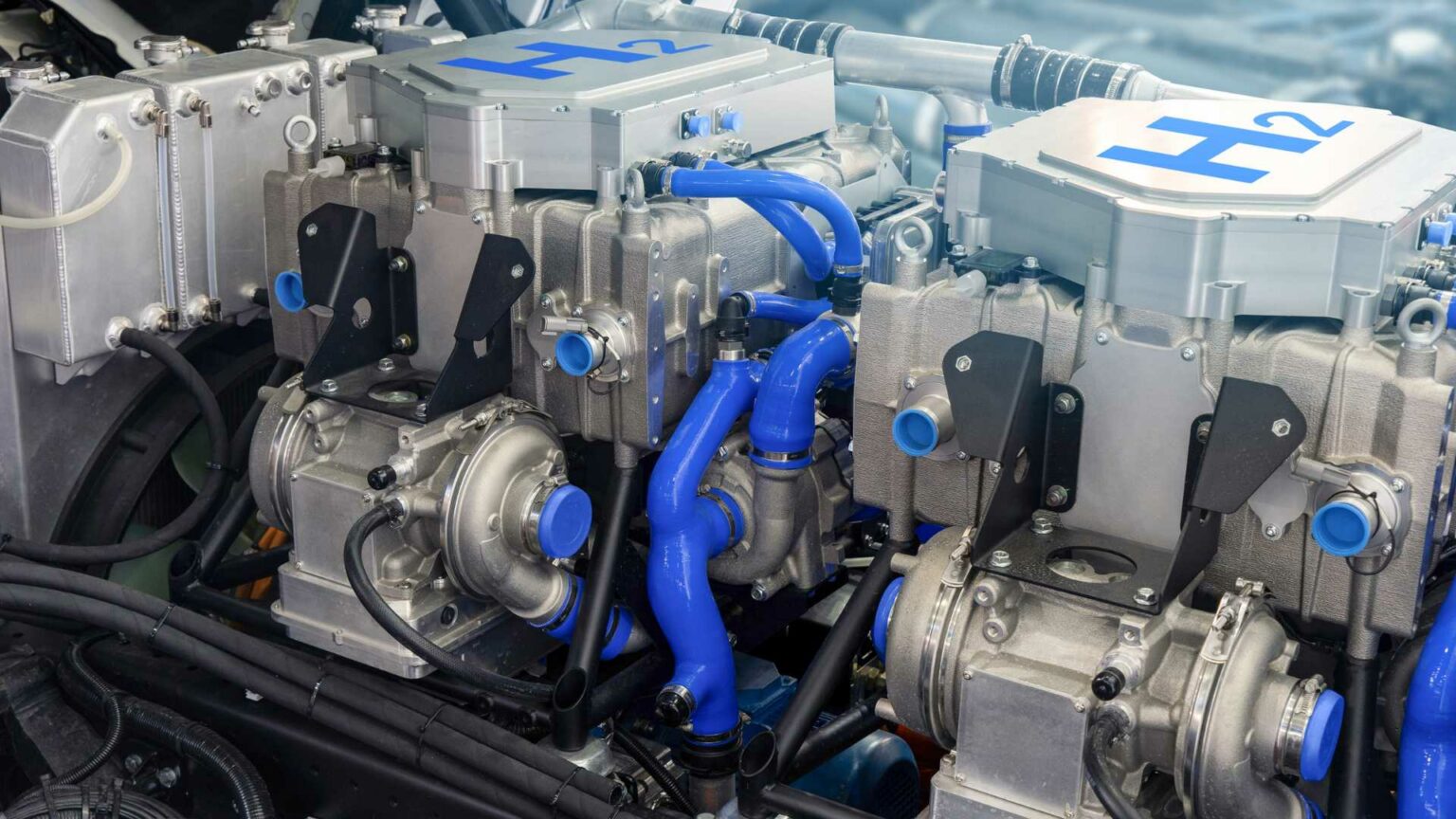Scientific research published by Nurullah Gültekin, Halil Erdi Gülcan, and Murat Ciniviz sheds new light on the influence of hydrogen injection pressure and timing on various performance metrics of a compression-ignition (CI) engine fueled with hydrogen-diesel blends.
Relevance to the Hydrogen Industry
The study’s timing is crucial as the global shift toward sustainable energy sources accelerates, with hydrogen posited as a key player in reducing emissions. Hydrogen-enriched fuels have shown potential in mitigating the environmental footprint of traditional diesel engines, which are still widely used in many sectors, including transportation and power generation.
Main Findings
The research primarily focuses on understanding how variations in hydrogen injection pressure and timing affect exhaust emissions, mechanical vibration, and noise levels in a CI engine. The study finds that optimizing these parameters can significantly reduce harmful emissions and noise while maintaining engine performance.
Potential Applications
The findings of this study have several practical applications:
1. Transport Sector: Improvements in engine performance and emissions reductions can help develop cleaner and quieter diesel engines for trucks, buses, and other heavy-duty vehicles.
2. Power Generation: Enhanced hydrogen-diesel CI engines could provide a more environmentally friendly option for generators and marine engines.
Relevance to the Hydrogen Market
As the hydrogen market continues to evolve, this research provides valuable insights for manufacturers looking to integrate hydrogen into existing diesel engines, offering a transitional solution toward fully hydrogen-powered systems. By optimizing injection parameters, the adoption of hydrogen-diesel blends could be accelerated, providing a feasible path for reducing emissions without the immediate need for an extensive infrastructure overhaul.
Technical Details and Methodologies
The research employs a series of controlled experiments to measure the impact of varying hydrogen injection pressures and timings on the engine’s emission levels, mechanical vibrations, and noise emissions. Specific metrics such as NOx, CO2, and particulate matter levels were meticulously recorded alongside vibration and noise intensity data, comprehensively assessing engine performance under different conditions.
Broader Implications
The broader implications of this study are manifold. By demonstrating the positive impacts of hydrogen injection optimization, the research supports the case for hydrogen as a bridge fuel in the transition to zero-emission technologies. Furthermore, the findings could influence regulatory frameworks, pushing for more widespread adoption of hydrogen-enriched fuels in diesel engines to meet stringent emission standards.
Key Takeaways
– Optimized Hydrogen Injection: Properly adjusting hydrogen injection pressure and timing can reduce emissions, vibrations, and noise in CI engines.
– Emission Reductions: Significant reductions in NOx, CO2, and particulate matter emissions were observed under optimized conditions.
– Practical Applications: The study’s findings could lead to cleaner, quieter engines for transportation and power generation applications.
– Hydrogen Market Relevance: The research supports the integration of hydrogen into existing diesel engines, aiding the transition to more sustainable energy solutions.
In conclusion, this research presents a solid case for the potential benefits of optimized hydrogen injection in diesel engines, aligning with global sustainability goals and the advancing hydrogen economy.





